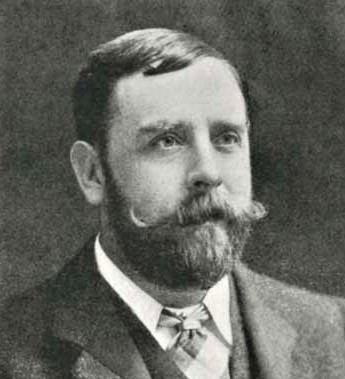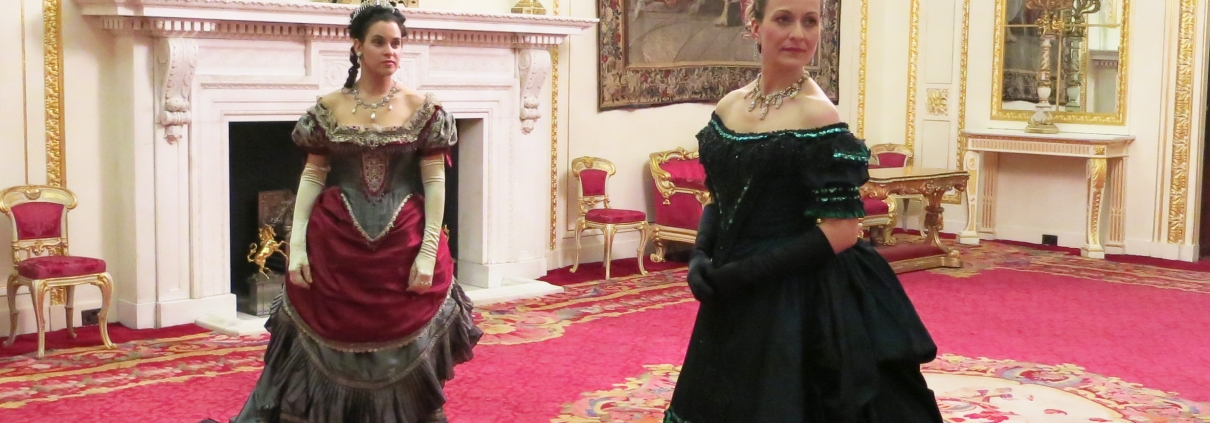Opera always needs an accompaniment. With some venues it is impossible to have a piano, and it’s here that orchestral backing tracks can provide an excellent solution. Hiring a good piano can be very expensive too! The performance you are planning may be in a garden or other unusual setting, and we have our own amplification equipment making it possible to present an opera performance literally anywhere. Whether it is in a pod on the London Eye, on the terrace of a country garden, in your drawing room at home, or as a surprise burst of opera in a hotel lobby – orchestral backing tracks work a treat!
Opera could be the perfect entertainment your Christmas Party, whether a private, corporate or charity event. London Festival Opera works with a client to create the perfect programme combining celebrated opera and operetta and hits from musicals. The company specialises in programmes of passion, drama, humour and audience interaction. What better way to end a party than all singing a well-known Christmas carol together? People love to sing and join the soloists in a rousing vocal finale to the evening.
The celebrated duet sung by the characters Zurga and Nadir in Bizet’s opera ‘The Pearlfishers’ is one of the most popular and loved pieces in opera – hence it is one of the most regularly requested. The duet’s soaring melodies, emotional depth, and the way it captures the essence of friendship and romantic longing have contributed to its enduring appeal. Its popularity has led to it being recognized outside the opera world and it has been featured in films including ‘Gallipoli’ when the captain plays the piece on his gramophone as a last glimpse of civilisation the evening before the final brutal offensive. Listen to London Festival Opera perform the duet at La Fenice in Venice: ‘Au fond du temple saint’ (The Pearlfishers – Bizet_ – London Festival Opera at La Fenice in Venice – YouTube
London Festival Opera is presenting a new programme – ‘A Night at the Movies’.
Opera is known for its ability to evoke intense emotions. By featuring opera in films, directors can tap into the emotional power of the music and performances to deepen the audience’s connection with the characters and their stories. The soaring melodies and passionate singing can evoke a wide range of emotions, adding an extra layer of emotional depth to the film. Classic movies such as ‘Pretty Woman’, ‘A Room with a view’, ‘Fatal Attraction’, ‘Mission Impossible’, ‘Gallipoli’, ‘The Father’, ‘Sunday Bloody Sunday’, ‘Philadelphia’, ‘Shawshank Redemption’, ‘Quartet’, ‘Atonement’, ‘Godfather III’, ‘Mrs Doubtfire’ and ‘Mr Bean’s Holiday’ all feature some of the greatest opera ever written.
Most people may think of ‘Messiah’ and other sacred works when they consider Handel. It may surprise you to link Handel operas (from the Baroque period of the 18th century) with the word ‘passion’. Those who already have heard performances of Semele, Giulio Cesere, Rinaldo, Rodelinda, Ariodante, Alcina and Acis and Galathea (the list goes on and on) can appreciate the drama, humanity, passion and dramatic expression in the arias and ensemble of this great opera composer. If you would like to give just on aria a go, try ‘Dopo notte’ from Ariodante, here sung by the legendry Dame Janet Baker (sheer joy!) (4) Handel: Ariodante, HWV 33 / Act 3 – “Dopo notte, atra e funesta” – YouTube and ‘Lasci ch’io pianga’ from Rinaldo here in the Italian film ‘Farinelli’ the great castrato. Handel spent much of his life in London and his house in Brook Street is well worth a visit Handel & Hendrix in London – Handel House (handelhendrix.org) English Touring Opera and currently performing Giulio Cesere accross the UK Giulio Cesare | English Touring Opera
Over the years it has been an honour to perform for many members of the Royal Family at private and charity occasions. The most special and memorable must be a private and intimate occasion in Windsor in the presence of The Queen – so intimate that there were corgis at our feet. One barked during the rendition of Papageno’s aria – the baritone knelt down and serenaded the dog, which The Queen loved. Rest in deserved peace your Most Gracious Majesty.
Frank Matcham (1854 – 1920) must be the most distinguished and prolific late 19th century theatre designer. The writer Alan Bennett has commented that there was a Matcham theatre (too many of his theatres have sadly been demolished) in every corner of the UK. Across the country in Brighton, Portsmouth, Morecambe, Leeds, Nottingham and Newport and in London his theatres include the Coliseum, Palladium and Hackney Empire, to name but a few. London Festival Opera has had the pleasure and thrill to perform in several of Matcham’s most magnificent theatres including the Buxton Opera House and Grand Theatre Blackpool.
Matcham married the daughter of his tutor, Maria Robinson, and had two daughters Eveline and Constance. He had a great interest in music and owned a Stradivarius violin though he humbly admitted that he ‘wasn’t particularly good at it’. He also loved to stage amateur dramatics and the ‘family troupe’ would present theatrical performances for their neighbours and friends in the intimacy of his home – somewhat ironically as he had designed some of the world’s greatest large scale theatres!
There is something very special about performing in a period theatre and we usually perform in period costume. For a Frank Matcham theatre this would be Victorian or Edwardian evening dress. For the audience the effect is like going back in time both aurally, in the repertoire of Handel, Mozart, Rossini, Verdi and Puccini, and visually with our set and costumes.
It is always a thrill to arrive in a Victorian venue where the back-stage and dressing rooms maybe a little shabby but make up for that by having such atmosphere and there is a sense that many, many starts and celebrities will have appeared in the theatre – from Lilly Langtry to Ken Dodd! Modern theatres are lovely and comfortable, but there is something very special about arriving, rehearsing, changing and performing in a period theatre – especially when they are designed by the great Frank Matcham. For more details see the excellent website for the Frank Matcham Society www.frankmatchamsociety.org.uk
Even if we are presenting an evening of popular opera for a private party or corporate event we would always recommend the singers appearing in period costume for some of the performance. This gives a wonderful visual impact and enhances the power of the music, and can work particularly well in a period setting. London Festival Opera has an impressive collection of costumes from the 18th Century, Regency, Victorian and Edwardian eras. Many have been designed and made especially for the company but some were purchased at the rare costume sales at the Royal Opera House and English National Opera.
Many of our performances are at close quarters, so not only must the costumes be of the highest standards and design, but the accessories of hair and jewellery must be convincing close up.
Additionally, we have sets of costumes for specific operas including ‘Madame Butterfly’, ‘La Traviata’, ‘The Magic Flute’ and ‘Carmen’. Similarly, these must look good close up and look convincing in historic settings. If we are presenting a performance in venues such as St James’s Palace in London, Blenheim Palace or the British Embassy in Paris the costumes must look fabulous enough for the settings.
In an opera gala evening in a theatre or special event we would often perform part one in period costume and then change into stunning contemporary evening dress as a contrast.
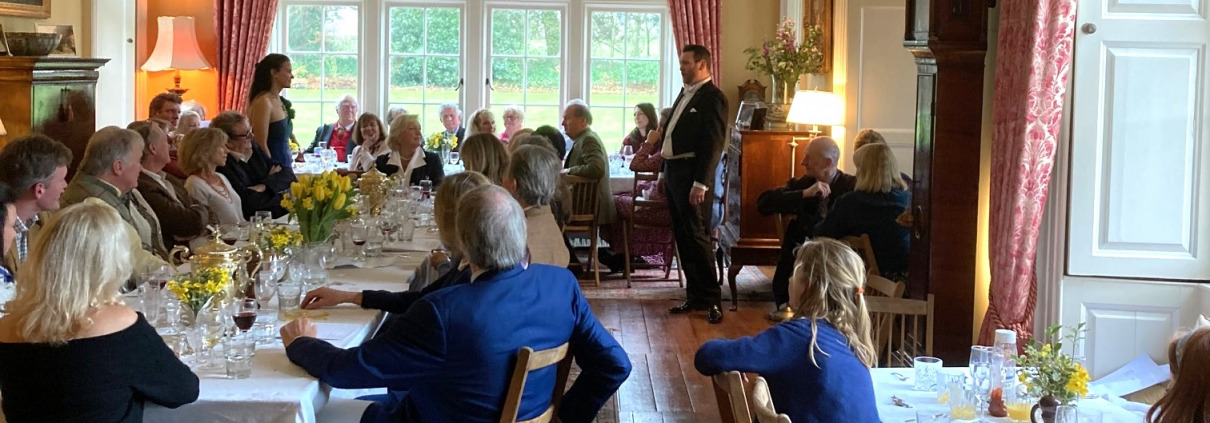 Opera Interludes Ltd
Opera Interludes Ltd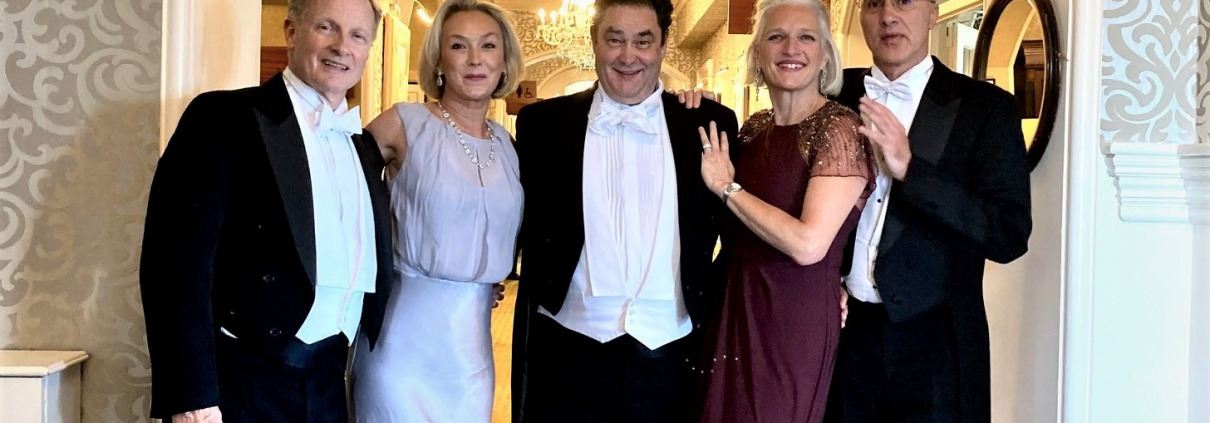 London Festival Opera
London Festival Opera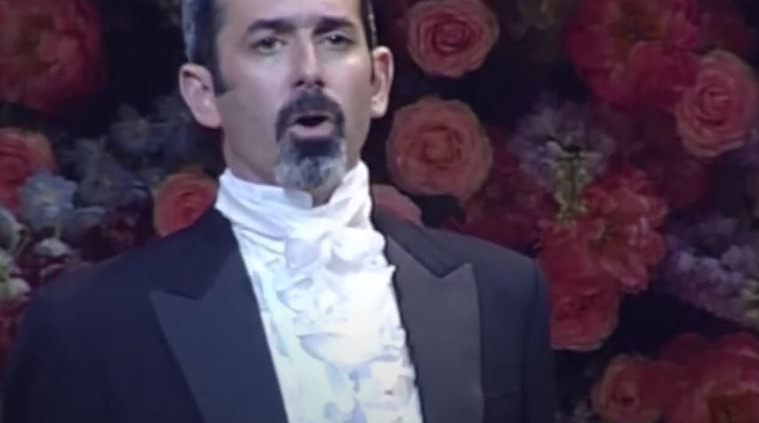 Opera Interludes Ltd
Opera Interludes Ltd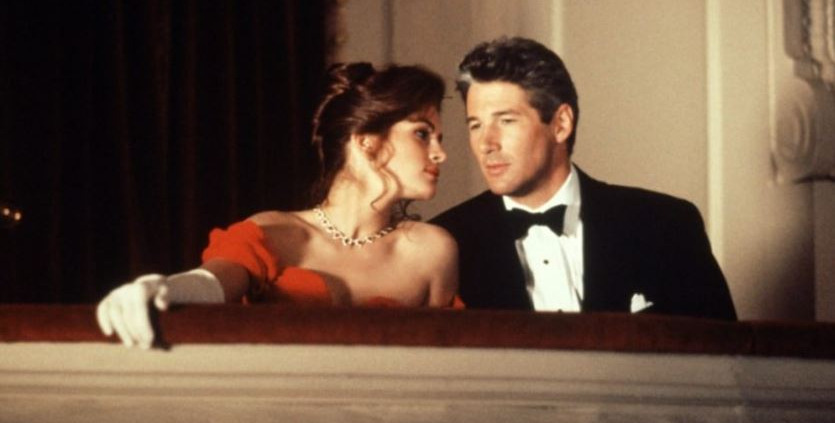
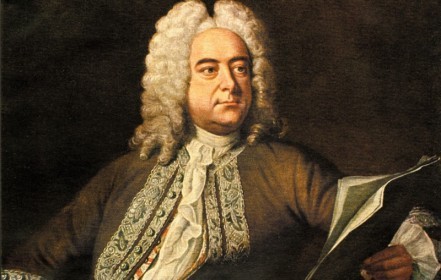
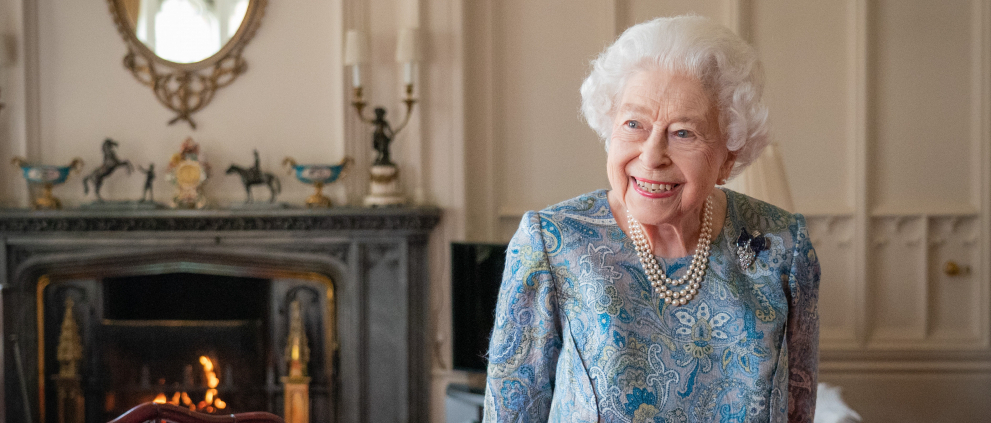 OK
OK